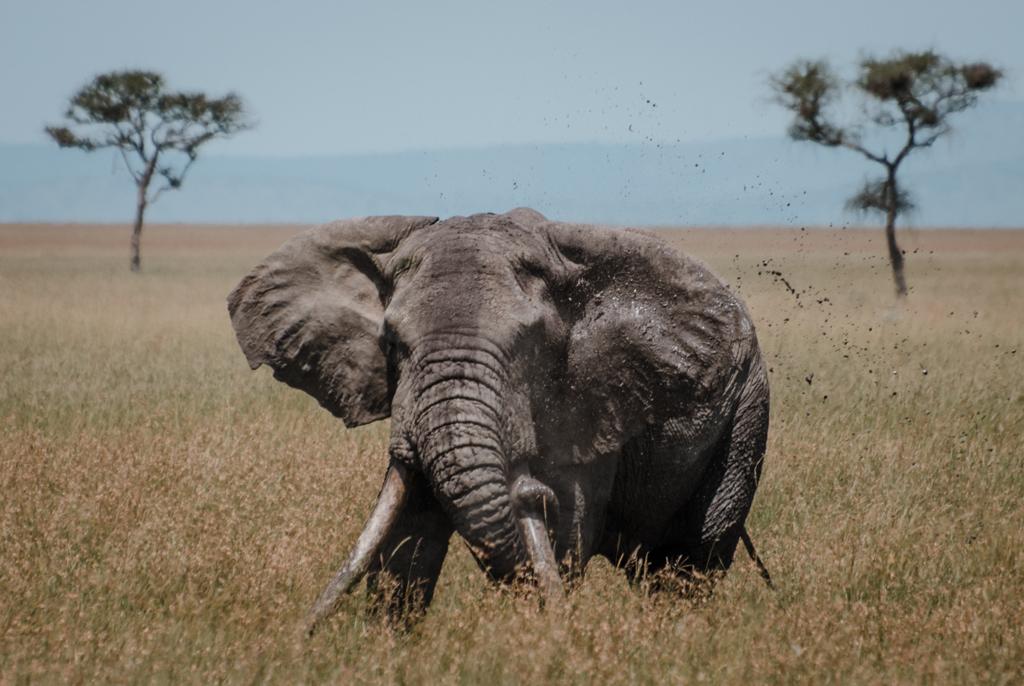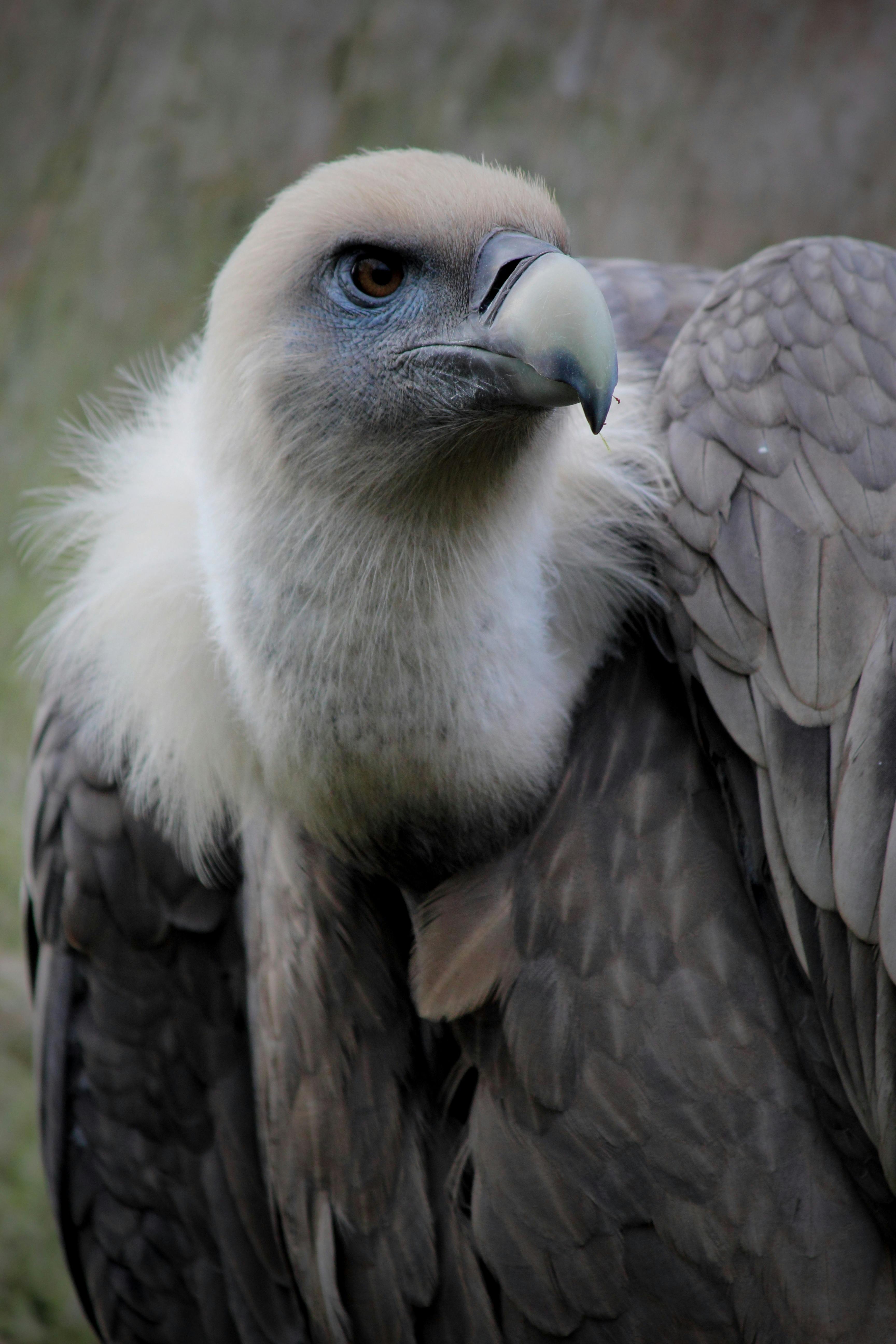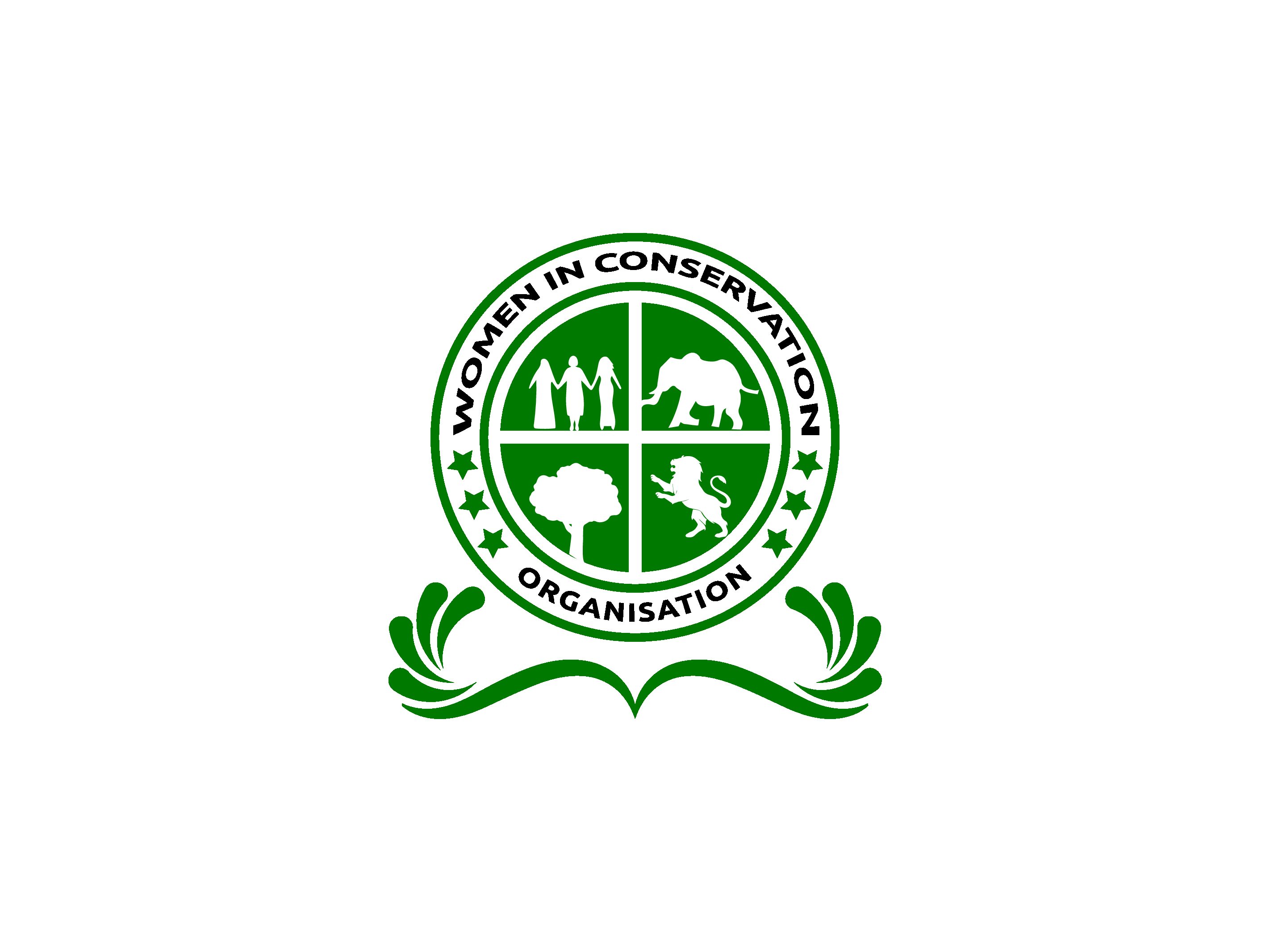
Elephants are an iconic species in Tanzania, playing a vital role in maintaining the ecological balance of their habitats. However, elephants in the country face significant threats, including poaching for ivory, human-elephant conflict (HEC), habitat loss, and fragmentation. These challenges have led to a steady decline in elephant populations, making urgent conservation efforts essential.The Elephants are ....

Tanzania is home to eight species of vultures, six of which are classified as Critically Endangered (CR) or Endangered (EN) on the IUCN Red List. These species include the White-backed Vulture (Gyps africanus), Rüppell’s Vulture (Gyps rueppelli), Lappet-faced Vulture (Torgos tracheliotos), White-headed Vulture (Trigonoceps occipitalis), Egyptian Vulture (Neophron percnopterus), and Hooded Vulture (Necrosyrtes monachus)..

Tanzania is the home for the five species of sea turtles including green turtle, hawksbill,loggerhead,olive ridley, and leatherback turtle in which out these five species only two species (green turtle and hawksbill) nests in the country costs, with the green turtle being abundant. These turtle faces various threats which includes habitat destruction, incidental net capture, Land -based development and population in the coast areas...
